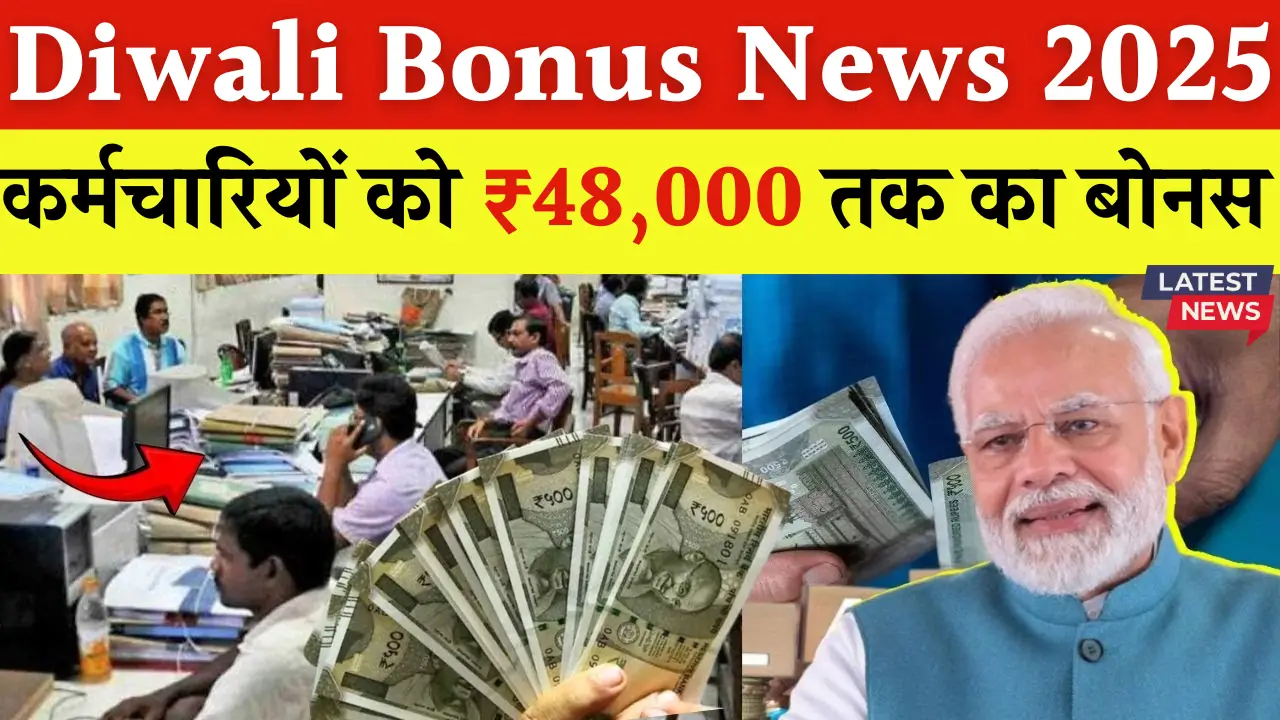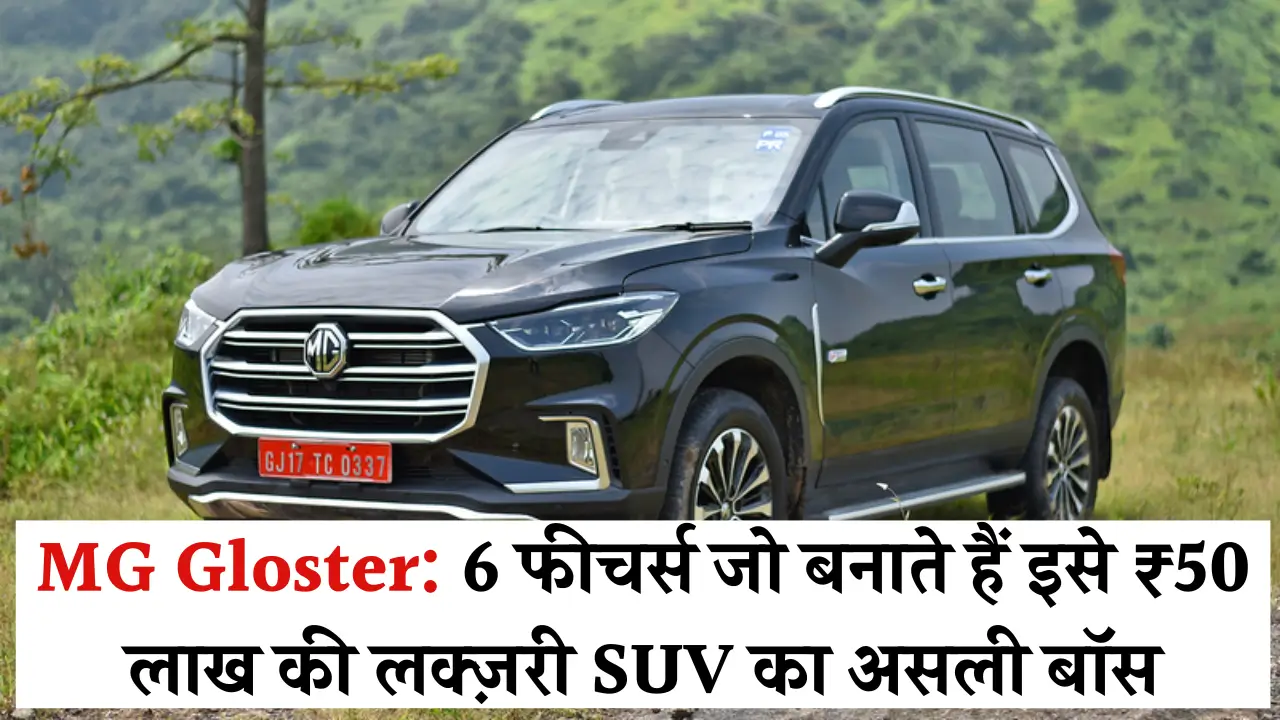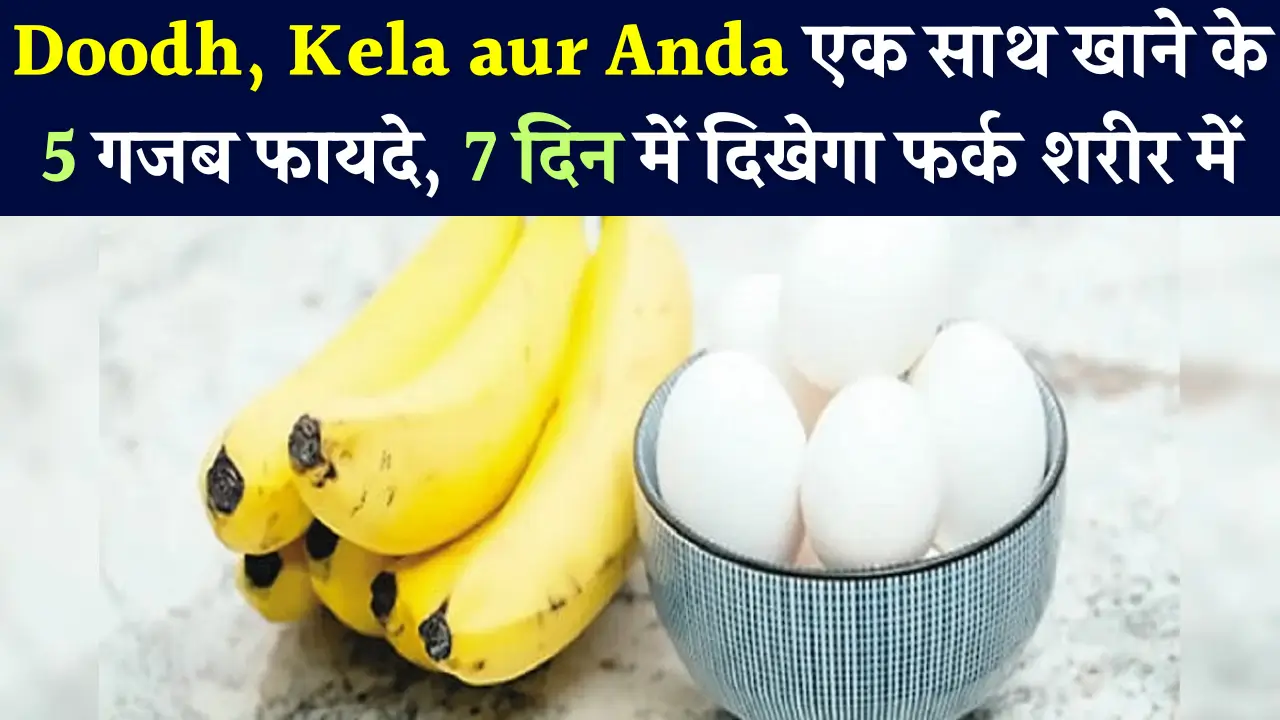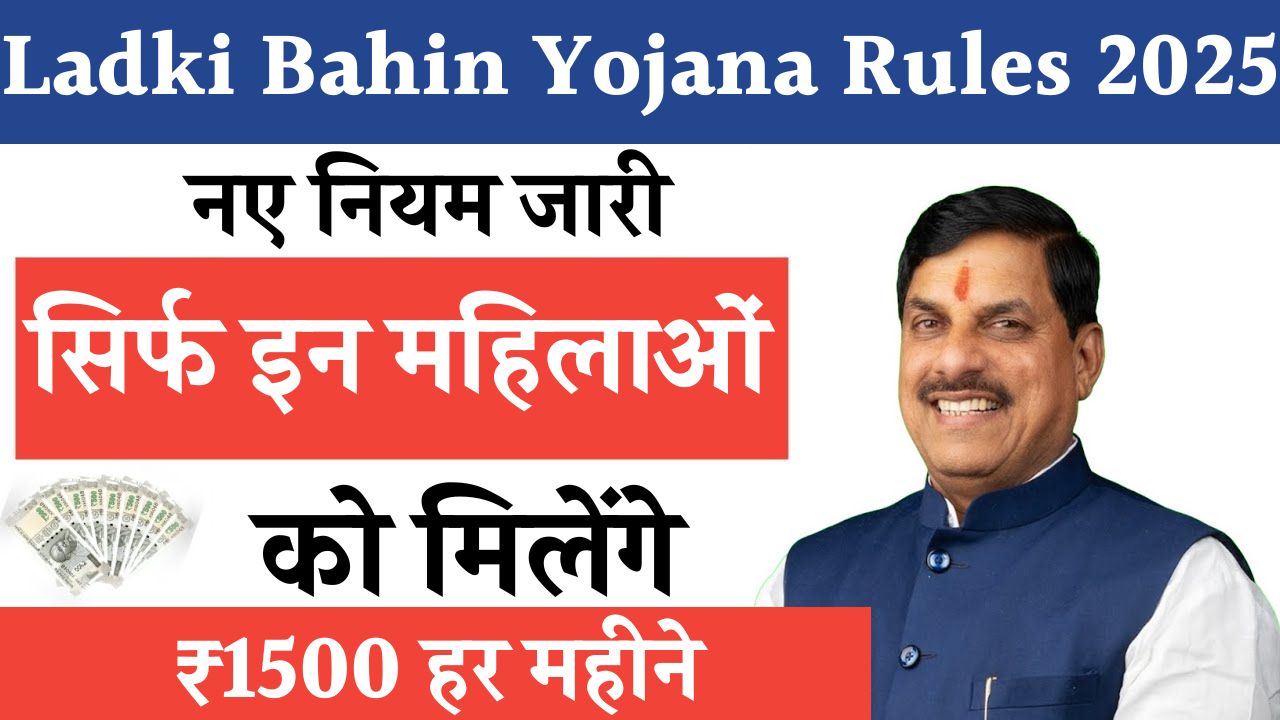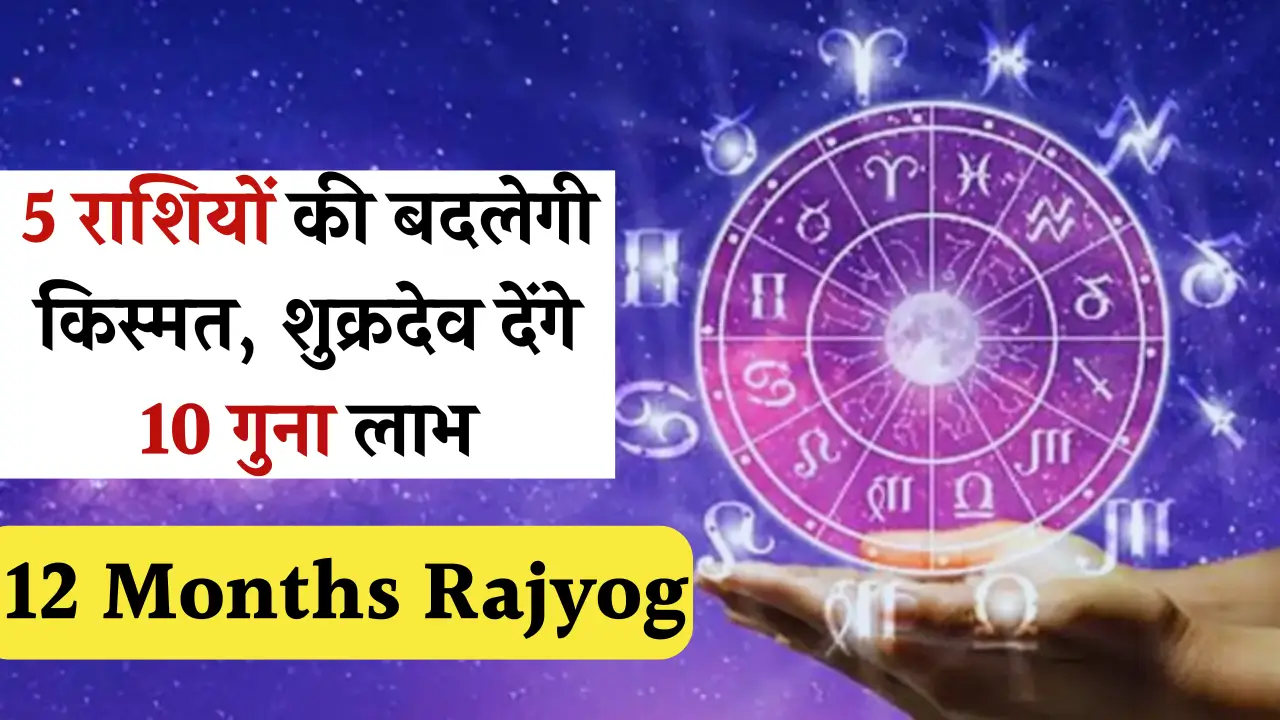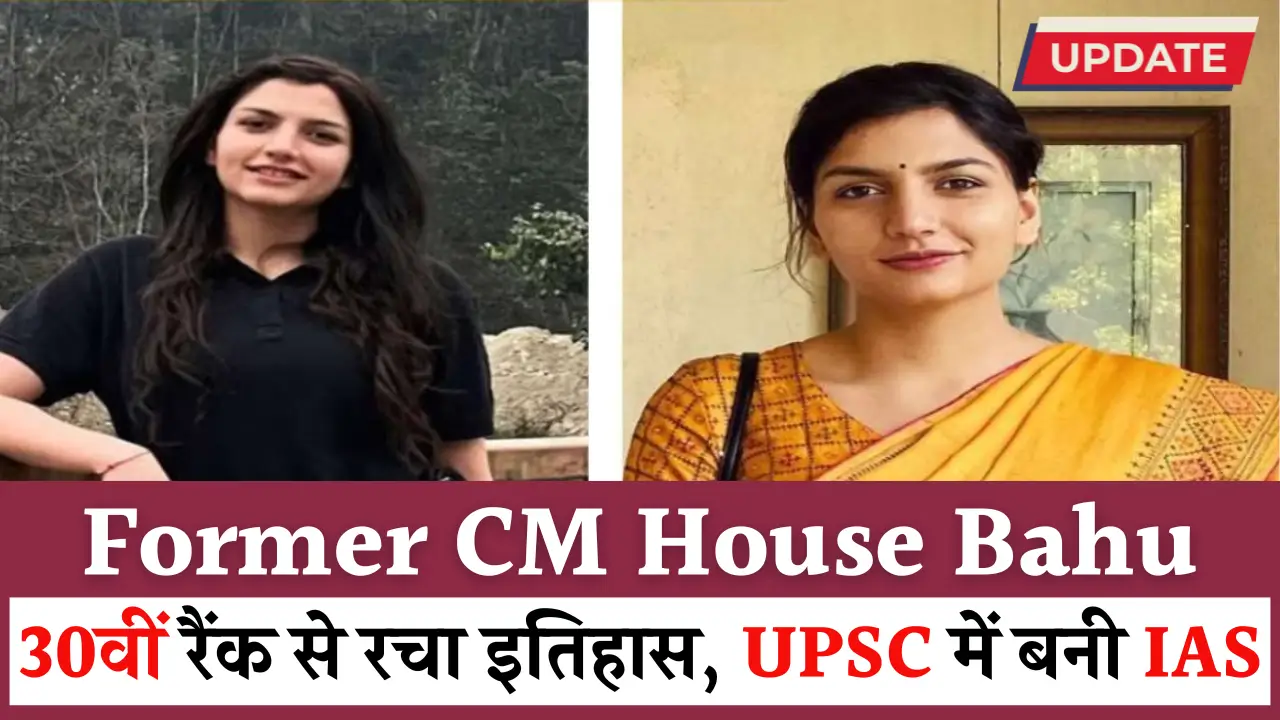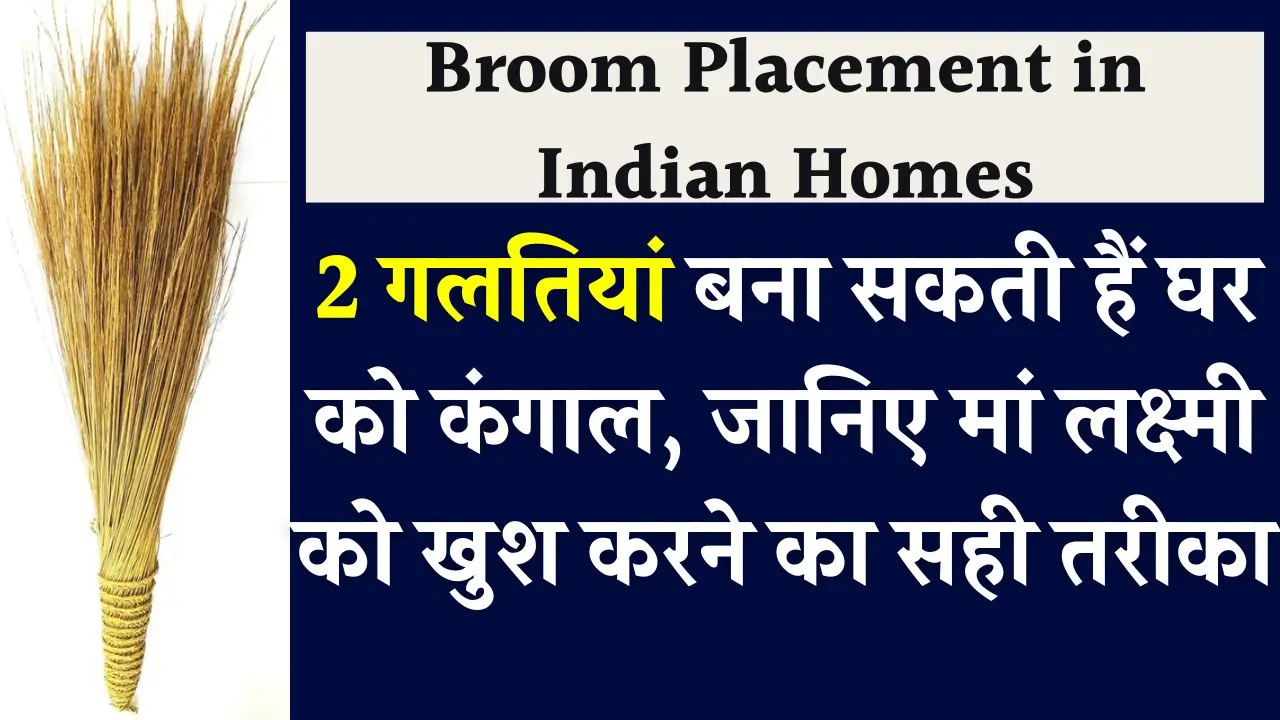Prayosha District Community Science Centre – Dang–Ahwa is a district-level hub for science education and community outreach in the Dang district of Gujarat. It is affiliated to and recognized by GUJCOST (Gujarat Council on Science & Technology), Gandhinagar—an autonomous body under the Department of Science & Technology, Government of Gujarat. As part of the statewide Community Science Centre (CSC) network, the Centre works to popularize science, nurture curiosity, and bridge classrooms with real-world applications for learners of all ages.
This comprehensive guide brings together everything you’ll want to know—what the Centre does, who it serves, how it operates within the GUJCOST framework, typical programs and labs, how schools and communities can engage, and what to expect when you plan a visit or propose a collaboration.
What Is a District Community Science Centre (DCSC)?
A District Community Science Centre is a district-focused facility mandated to:
- Popularize science using hands-on learning, demonstrations, and exhibits.
- Support formal education (schools, colleges, ITIs) through enrichment programs aligned with state syllabi.
- Catalyze innovation and tinkering via maker spaces, low-cost lab setups, and teacher capacity building.
- Promote scientific temper among the general public, with special drives on health, environment, and technology literacy.
- Connect stakeholders: schools, panchayats, NGOs, industry, universities, and government departments.
Prayosha DCSC in Dang–Ahwa follows this model, adapted to local needs, terrain, and demographics of southern Gujarat’s tribal belt.
Affiliation & Governance
GUJCOST’s Role
- Recognition & Affiliation: GUJCOST recognizes and supports District Community Science Centres across Gujarat, including Prayosha DCSC – Dang–Ahwa.
- Quality Benchmarks: It frames guidelines for program quality, safety, outreach priorities, inclusion, and reporting.
- Funding & Monitoring: Provides grants-in-aid, monitors utilisation, and tracks outcomes (participants reached, teacher trainings conducted, competitions organized, etc.).
- Strategic Themes: Encourages work on Astronomy, Space Science, Robotics & AI, Biotechnology, Environment & Climate Action, Waste-to-Value, and Rural Innovation.
Local Management
- Implementing Society/Trust: The “Prayosha” entity manages day-to-day operations—HR, logistics, maintenance, volunteer onboarding, and partnerships.
- Advisory Support: A local advisory panel typically includes educators, district officials, scientists/engineers, and community representatives who align activities with district needs.
Quick Facts (At a Glance)
| Category | Details |
|---|---|
| Name | Prayosha District Community Science Centre – Dang–Ahwa |
| Recognition | Affiliated & recognized by GUJCOST |
| Government Linkage | Department of Science & Technology, Government of Gujarat |
| District Served | Dang (Headquarters: Ahwa) |
| Core Mandate | Science popularization, STEM enrichment, teacher capacity-building, community outreach |
| Beneficiaries | School & college students, teachers, youth, farmers, SHGs, general public |
| Typical Operating Days | Monday–Saturday (public program windows vary; check local notice/announcement) |
| Program Modes | On-campus labs/exhibits, mobile outreach, school camps, competitions, fairs, teacher trainings |
| Focus Areas | Astronomy, Robotics/AI, Coding, Environment, Health, Agri-tech, Disaster awareness, Space Science |
| Languages | Gujarati, Hindi, and contextual English for technical terms (as needed) |
Note: Operating hours and event schedules are typically announced locally (and may align with the district school calendar, exam cycles, and festivals).
Why a Science Centre in Dang–Ahwa Matters
Dang is a largely rural and forested district with diverse communities and unique ecological assets. A district-level science centre here:
- Brings STEM closer to underserved learners with hands-on, low-cost experimentation.
- Links classrooms with livelihoods (e.g., forestry, agriculture, eco-tourism) by showcasing practical science.
- Encourages first-generation learners to explore STEM careers via mentorship and role-model talks.
- Channels local knowledge into innovation—traditional practices become starting points for scientific inquiry.
- Supports teachers with ready-to-use kits, activity banks, and refresher workshops.
Core Program Pillars
1) Hands-On Exhibits & Demonstrations
- Permanent galleries: Mechanics & Motion, Light & Optics, Electricity & Magnetism, Human Body & Health, Earth & Environment.
- Live demos: Air pressure and vacuum, center of mass, resonance, Bernoulli principle, lens and prism experiments, electrochemistry basics, and more.
- Tinker corners: Low-cost experiments using locally available materials to encourage frugal innovation.
Outcomes: Conceptual clarity, curiosity, and confidence to do science—not just memorize it.
2) Maker Space & Innovation Lab
- Tools & Kits: Microcontrollers (Arduino/Raspberry Pi class), sensors, 3D pens/printers, basic carpentry and electronics benches, robotics sets.
- Student Challenges: Build-a-Bot days, line followers, obstacle avoidance, irrigation alerts, rain gauges, and smart street-lighting prototypes.
- Mentoring: Project ideation to documentation—students learn to define a problem, design, test, iterate, and present.
Outcomes: Problem-solving mindset, design thinking, teamwork, and basic engineering practices.
3) Astronomy & Space Science
- Night sky viewing: Telescopic sessions during clear months; identification of constellations, planets, lunar features.
- Sun-safe observation: Solar filters for daytime solar disc and sunspot observation (with strict safety protocols).
- Workshops: Rockets (water/bottle rockets), satellites & orbits, scale models of solar system, space careers.
Outcomes: Awe-inspired learning that connects syllabus to the sky above Dang’s low-light-pollution landscapes.
4) Environment, Health & Climate Action
- Biodiversity trails: Local flora/fauna identification, seed collection drives, herbarium basics.
- Water literacy: Watershed models, rainwater harvesting demos, potability tests, and filtration methods.
- Health science: Nutrition, sanitation, menstrual hygiene education, vector-borne diseases, first-aid basics.
- Waste-to-Value: DIY composting, biogas awareness, plastic segregation and recycling craft.
Outcomes: Scientific temper applied to daily life—hygiene, nutrition, conservation, and climate resilience.
5) Teacher Capacity Building
- Activity-based pedagogy: Translating textbook chapters into experiments and inquiry tasks.
- Assessment for learning: Rubrics, concept mapping, and portfolio-based evaluation strategies.
- Lab set-ups: Low-cost lab materials, safety protocols, and maintenance routines.
- Tech for teaching: Intro to micro-lesson videos, simulations, and data collection tools.
Outcomes: Teachers become facilitators of exploration, not just deliverers of content.
6) Fairs, Olympiads & Competitions
- District Science Day/Week: Project showcases, quizzes, model competitions, and science skits.
- Robotics & Coding leagues: Age-tiered challenges with progressive difficulty levels.
- Thematic Olympiads: Astronomy, Environment, and General Science—prep camps and mock rounds.
- Innovation showcase: Community problem-solving hackathons focused on local challenges.
Outcomes: Healthy competitive spirit, presentation skills, and recognition for young innovators.
A Typical Visitor Journey
- Arrival & Orientation (15–20 mins): Safety briefing, overview of galleries, and plan for the day.
- Guided Exhibit Tour (60–90 mins): Facilitator-led demos aligned to the group’s grade level.
- Hands-On Workshop (60–120 mins): Focus on one theme (e.g., optics box, simple circuits, seed germination study).
- Maker Time (45–90 mins): Team challenge—build a simple model or code a basic task.
- Reflection & Sharing (20–30 mins): Students present what they did; facilitators link outcomes to syllabus and real life.
- Take-Home & Next Steps (5–10 mins): Activity sheets, challenge prompts, and invite to upcoming events.
Sample Annual Program Calendar (Illustrative)
| Month | Focus | Highlights |
|---|---|---|
| June | Teacher Bootcamps | Activity-based pedagogy; low-cost labs setup |
| July | Health & Hygiene | Menstrual hygiene workshops; nutrition science |
| August | Robotics Starter | Line-follower basics; Arduino intro |
| September | Environment Month | Water literacy, rain gauge builds, plantation drives |
| October | Astronomy Season I | Night sky parties; lunar observation |
| November | Science Fair Prep | Project mentoring; exhibit-making techniques |
| December | District Science Fair | Student showcases, quizzes, exhibitions |
| January | Coding & Data | Scratch/Python intro; data logging |
| February | Space Science | Rockets, satellites & telemetry basics |
| March | Olympiad Prep | Mock rounds; problem-solving clinics |
| April–May | Summer Camps | Multi-theme camps; maker marathons |
Actual scheduling varies by school calendar, weather, and state/national campaigns.
Facilities & Safety
- Exhibit Halls & Demo Zones: Child-safe displays with clear instructions and guided facilitation.
- Maker Space: Supervised tools; PPE (goggles, gloves) and strict handling SOPs.
- Lab & Prep Rooms: Chemicals and electricals under lock-and-key; only staff access.
- Open Grounds: Rocket launches, solar observation (with certified filters), and outdoor experiments.
- Accessibility: Efforts toward barrier-free entries, seating areas, drinking water, first-aid kits, and hygiene.
Safety Protocols
- Pre-visit orientation, ratio-based supervision for student groups.
- No hazardous experiments for public demos; age-appropriate kits only.
- Fire extinguishers, clear exit routes, and mock drills.
- Weather-contingent astronomy (cloud cover, wind, or monsoon advisories).
Who Can Participate?
- Primary & Upper Primary Students (Classes 1–8): Foundational activities—curiosity and concept formation.
- Secondary & Higher Secondary (Classes 9–12): Deeper labs, competitive prep, career guidance.
- College/ITI/Polytechnic Youth: Projects, internships, and volunteering.
- Teachers & Educators: Workshops, resource banks, and classroom action projects.
- Community Members: Farmers (soil/water testing awareness), SHGs (waste-to-value), artisans (design thinking).
- Parents & Guardians: Family science days; home-experiment kits guidance.
Program Formats You Can Book
- Half-Day Thematic Module (3–4 hours)
- Exhibit tour + 1 hands-on workshop
- Ideal for school field trips
- Full-Day Immersion (5–6 hours)
- Exhibits, 2 workshops, and maker challenge
- Best for inter-school clubs or science day celebrations
- Short Course Series (6–12 sessions)
- Robotics, coding, or astronomy fundamentals
- Project-based learning with a final showcase
- Teacher Enrichment Program (1–5 days)
- Syllabus-mapped activity banks
- Assessment strategies and lab management
- Community Camps & Rural Outreach
- Mobile van or pop-up exhibits in villages
- Health, environment, and literacy drives
Suggested Pre-Visit Checklist (Schools)
- Define learning goals: e.g., reinforce “Electricity & Magnetism” for Class 10.
- Pick a format: Half-day or full-day, plus preferred workshops.
- Share roster & needs: Group size, grades, language preference, accessibility needs, emergency contacts.
- Consent & safety briefings: Ensure all students understand dos & don’ts.
- Follow-up plan: Decide how outputs (models, reflections) will be assessed in class.
Pricing & Registration (Indicative)
- School Group Visits: Often nominal per-student contribution, if any, to cover consumables for workshops; exhibits/demos may be free under certain drives. Concessions are typically available for government schools on designated days or under special campaigns.
- Teacher Programs: Frequently subsidized; slots may be limited—advance booking recommended.
- Community Events: Many are free-to-attend awareness programs.
- Maker Lab Access: Project-based consumables may be chargeable at actuals.
Local announcements usually specify fees (if applicable) and slot availability. Group bookings are recommended, especially during peak months (November–February).
Impact & Inclusion Focus
- Equity & Access: Special attention to rural and tribal schools, girls’ participation, and first-generation learners.
- Language Bridge: Programs in Gujarati/Hindi with bilingual facilitators; key technical terms clarified.
- Low-Cost, High-Concept: Emphasis on frugal kits that schools can replicate.
- Community Co-Creation: Projects solving local problems (e.g., water, waste, road safety, forest fire warnings).
- Career Exposure: Talks by engineers, doctors, foresters, scientists, and entrepreneurs; pathways to polytechnic and degree programs.
Monitoring & Outcomes (How Success Is Tracked)
| Metric | What It Shows | Typical Evidence Collected |
|---|---|---|
| Footfall & Reach | How many students/teachers/public engaged | Attendance logs, group rosters |
| Learning Gains | Concept clarity and skill development | Pre-/post-activity quizzes, portfolios |
| Projects Built | Depth of hands-on engagement | Prototype photos, code repos, demo videos |
| Teacher Adoption | Classroom integration of activities | Lesson plans, classroom photos, feedback |
| Community Outcomes | Behaviour change and local innovations | Before/after records, testimonials |
| Inclusion Indicators | Access for girls, rural & tribal schools | Disaggregated participation data |
Partnerships & How to Collaborate
- Schools & DIETs: Co-design activity banks, teacher modules, and district science events.
- Colleges/Universities: Student internships, research documentation, outreach in tribal hamlets.
- Industry & CSR: Sponsor kits, mobile labs, and innovation challenges; mentor projects.
- Line Departments: Health, Forest, Agriculture, Education—joint awareness drives and data-backed interventions.
- NGOs & CBOs: Last-mile mobilization, community science camps, and women/youth clubs.
Collaboration Steps
- Identify a theme (e.g., water literacy in 10 schools).
- Scope activities and timelines (3-month calendar).
- Define metrics (potability tests conducted, filters built, families reached).
- Formalize roles, budgets, and reporting.
- Execute with district-level reviews and a public showcase.
Sample One-Day Itineraries
A) Secondary School STEM Day (Grade 9–10)
- 09:30–10:00 Orientation & safety
- 10:00–11:15 Exhibit tour: Electricity & Magnetism + Optics
- 11:15–11:30 Break
- 11:30–13:00 Workshop: Build a basic spectroscope + circuits
- 13:00–14:00 Lunch
- 14:00–15:15 Maker Challenge: Light-sensing alarm
- 15:15–15:45 Sharing & reflection
B) Teacher Enrichment (Middle School Science)
- 10:00–10:30 Inquiry-based learning primer
- 10:30–12:30 Translating two chapters into experiments
- 12:30–13:15 Lunch
- 13:15–14:30 Low-cost lab kit assembly & SOPs
- 14:30–15:30 Assessment tools & classroom evidence
- 15:30–16:00 Action plan & resource pack
Content Alignment With Curriculum
- Physics: Motion, forces, simple machines, electricity, magnetism, light, sound.
- Chemistry: Separation techniques, acids/bases/salts, periodicity basics, polymers & waste management.
- Biology: Human body systems, health & hygiene, biodiversity, ecosystems.
- Geography/Earth Science: Weather, climate, soil, water cycle, natural hazards, sustainable living.
- Computer Science: Logic, algorithms, coding fundamentals, data logging, sensors, AI basics.
- Mathematics Integration: Measurement, ratios, data visualization, estimation, and error.
Each module comes with learning objectives, hands-on tasks, safety notes, and assessment prompts, making it easy for schools to map activities to the syllabus.
Frequently Asked Questions (FAQ)
1) Is prior booking necessary?
Recommended, especially for large groups or specialized labs. Walk-ins may be accommodated during public hours where available.
2) Do you offer programs in Gujarati?
Yes. Gujarati is commonly used, with Hindi and English support for technical terms.
3) Are there fees?
Many outreach events are free; workshops using consumables may have nominal charges. Concessions are typically available for government schools and special drives.
4) Can we propose a project or theme specific to our village?
Yes. The Centre encourages locally relevant problem-solving—water, waste, road safety, forest fire alerts, etc.
5) How can students get mentorship for competitions or fairs?
Request a mentorship slot. Facilitators can help refine ideas, plan experiments, and prepare exhibits/presentations.
6) Is it safe for younger children?
Yes—exhibits are age-graded, facilitators supervise, and safety protocols are enforced.
7) Do you run mobile science units?
Outreach often includes school-based camps and village pop-ups. Availability is schedule-dependent.
How Schools Can Maximize the Benefit
- Prep students: Assign a pre-visit curiosity list (“3 questions you want to answer”).
- Integrate outputs: Count the visit as an assessment opportunity (models, posters, short reports).
- Follow through: Conduct the “home/low-cost” versions of at least two experiments within two weeks.
- Start a science club: Use maker challenges as monthly club tasks.
- Invite parents on Open Days: Family science improves community buy-in and supports girls’ participation.
Sustainability & Future Directions
- Green Campus Practices: Waste segregation, composting, rainwater harvesting demonstration points.
- Solar Adoption: Rooftop systems to power select exhibits or lighting (where feasible).
- Digital Blends: Activity videos, printable worksheets, and smartphone-first content for teachers and students.
- Local Internships: Engage senior students and college youth as docents and lab assistants.
- Research & Documentation: Case studies of classroom change and community impact to guide policy and replication.
Model Visit Plan (For a School of 80 Students)
| Item | Plan |
|---|---|
| Grouping | 4 batches of 20; rotate across zones |
| Duration | 5 hours (including breaks) |
| Zones | A) Exhibits & Demos B) Workshop 1 C) Workshop 2 D) Maker Challenge |
| Staffing | 1 lead facilitator + 4 assistants + school teachers (1:10 ratio) |
| Safety | Pre-brief, tool handling SOPs, first-aid, water/handwash points |
| Output | Each batch completes a model + a one-page reflection |
| Follow-Up | School conducts two low-cost experiments in the next fortnight; shares photos and reflections |
What Sets Prayosha DCSC – Dang–Ahwa Apart
- District Contextualization: Programs designed for Dang’s unique geography, communities, and livelihoods.
- Inclusion First: Strong outreach to rural/tribal schools and girls’ groups.
- Practical Orientation: From water testing to robotics, everything loops back to daily life or local issues.
- Mentored Pathways: Students are not just visitors—they become makers, presenters, and mentors for peers.
- Alignment With State Ecosystem: Recognition by GUJCOST ensures quality benchmarks, safety, and a pipeline to larger state and national initiatives.
Conclusion
Prayosha District Community Science Centre – Dang–Ahwa stands as the district’s living laboratory—where science is touched, tinkered with, questioned, and celebrated. With GUJCOST recognition and guidance from the Department of Science & Technology, Government of Gujarat, the Centre anchors a vibrant ecosystem of hands-on learning, teacher empowerment, and community problem-solving.
Whether you are a school planning field trips, a teacher seeking activity-based pedagogy, a college student looking for a meaningful internship, or a community group exploring local solutions, there’s a place for you at Prayosha DCSC. Bring your curiosity—leave with ideas you can use, experiments you can repeat, and a scientific temper that lights up both classrooms and communities.
Quick Recap (Bullet Summary)
- Affiliated & Recognized: GUJCOST recognition under the Department of Science & Technology, Government of Gujarat.
- District Mission: Popularize science, strengthen schools, and serve the public in Dang–Ahwa.
- Programs: Exhibits, workshops, maker labs, astronomy nights, environment and health drives, teacher training, competitions.
- Approach: Hands-on, low-cost, locally relevant, inclusive, and safe.
- Who Benefits: Students, teachers, parents, farmers, youth groups, and the general public.
- Engagement: Book visits, request outreach camps, propose collaborations, and co-create solutions.
As of 2025, Prayosha DCSC – Dang–Ahwa continues to align its activities with GUJCOST’s vision of a scientifically literate, innovative, and inclusive Gujarat—one experiment, one classroom, and one community at a time.
Disclaimer:- This is not official blog or website of GUJCOST or any institute but running by individual and sharing educational related posts here to serve the users and our knowledge based on internet research..
